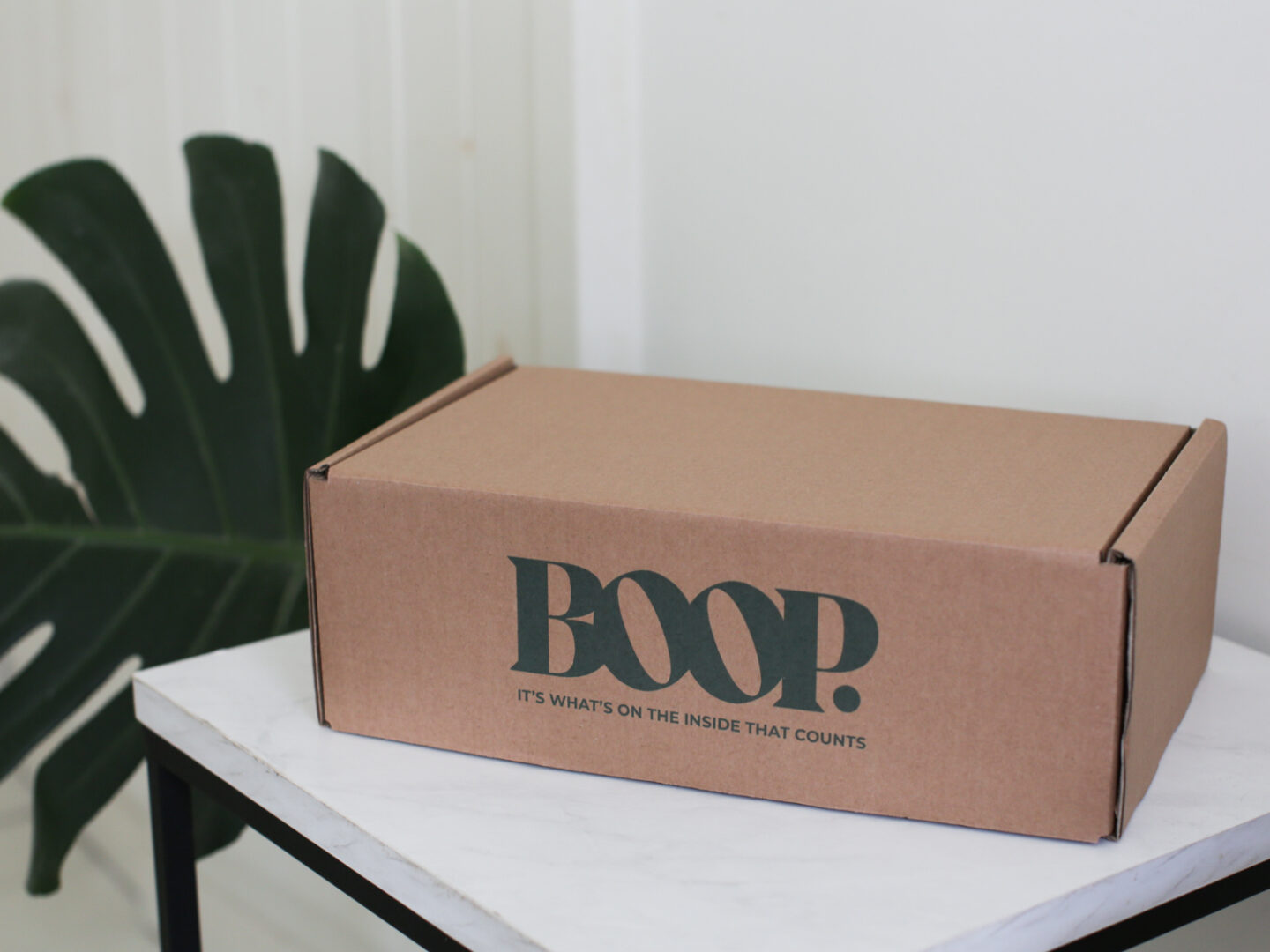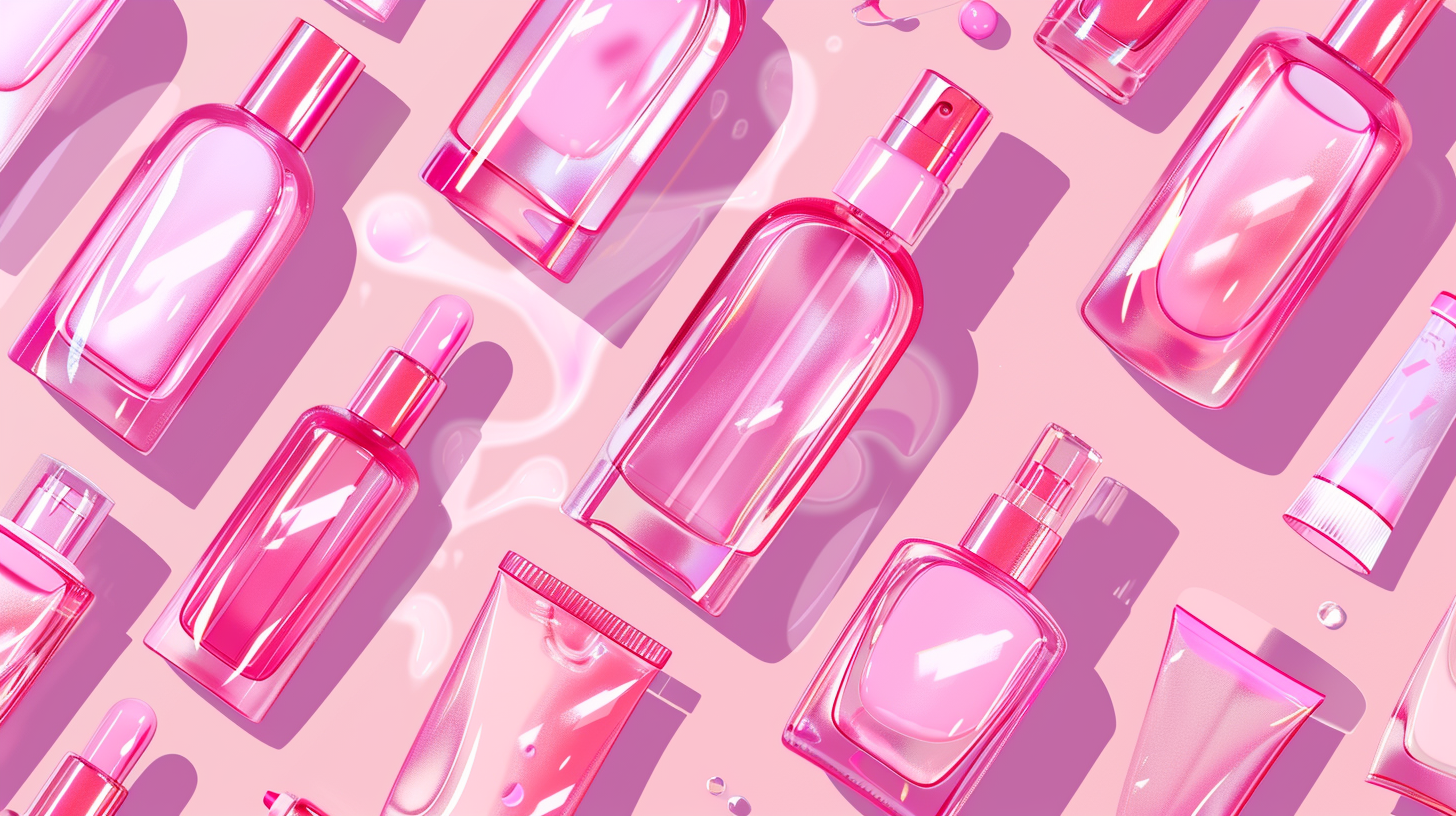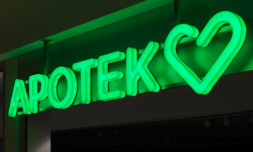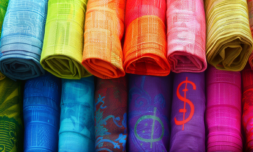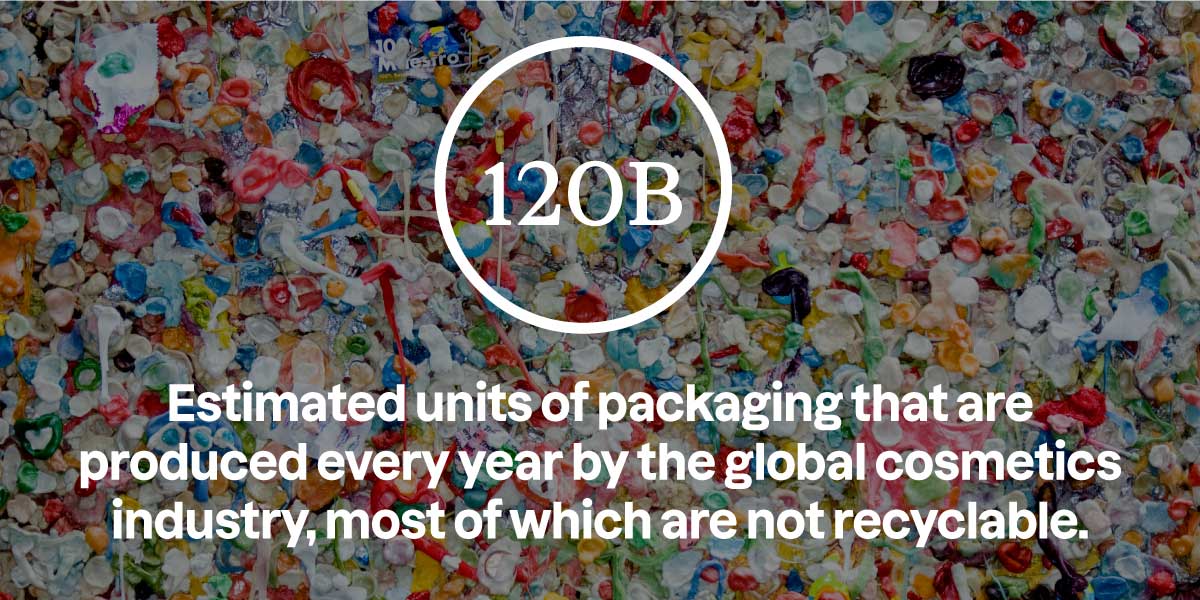Each year in the UK, around 90 million beauty products are discarded before they even hit store shelves. One women-owned retailer is selling them for a fraction of the price online with the ultimate goal of cutting down on cosmetic waste.
Beauty companies may have concealed their wasteful practices for many decades, but the truth has finally come to light… and it’s not pretty.
The industry is notorious for contributing massively to single-use plastic pollution and many brands have been found guilty of discarding otherwise perfect stock due to rebranded logos, discontinued formulas, or superficial issues with packaging.
When 95 percent of surveyed shoppers say they’d be happy to buy imperfect stock and 90 million of these ‘defected’ products are sent to landfills every year in the UK alone – why isn’t there anywhere to buy these products?
That’s exactly what Yasmine Amr, the founder of women-owned retailer Boop, asked before launching her digital beauty platform.
Looking at initiatives that sell wonky-looking food produce or last season’s luxury fashion at a lower price, Amr decided she could do the same with beauty products in the name of sustainability.
